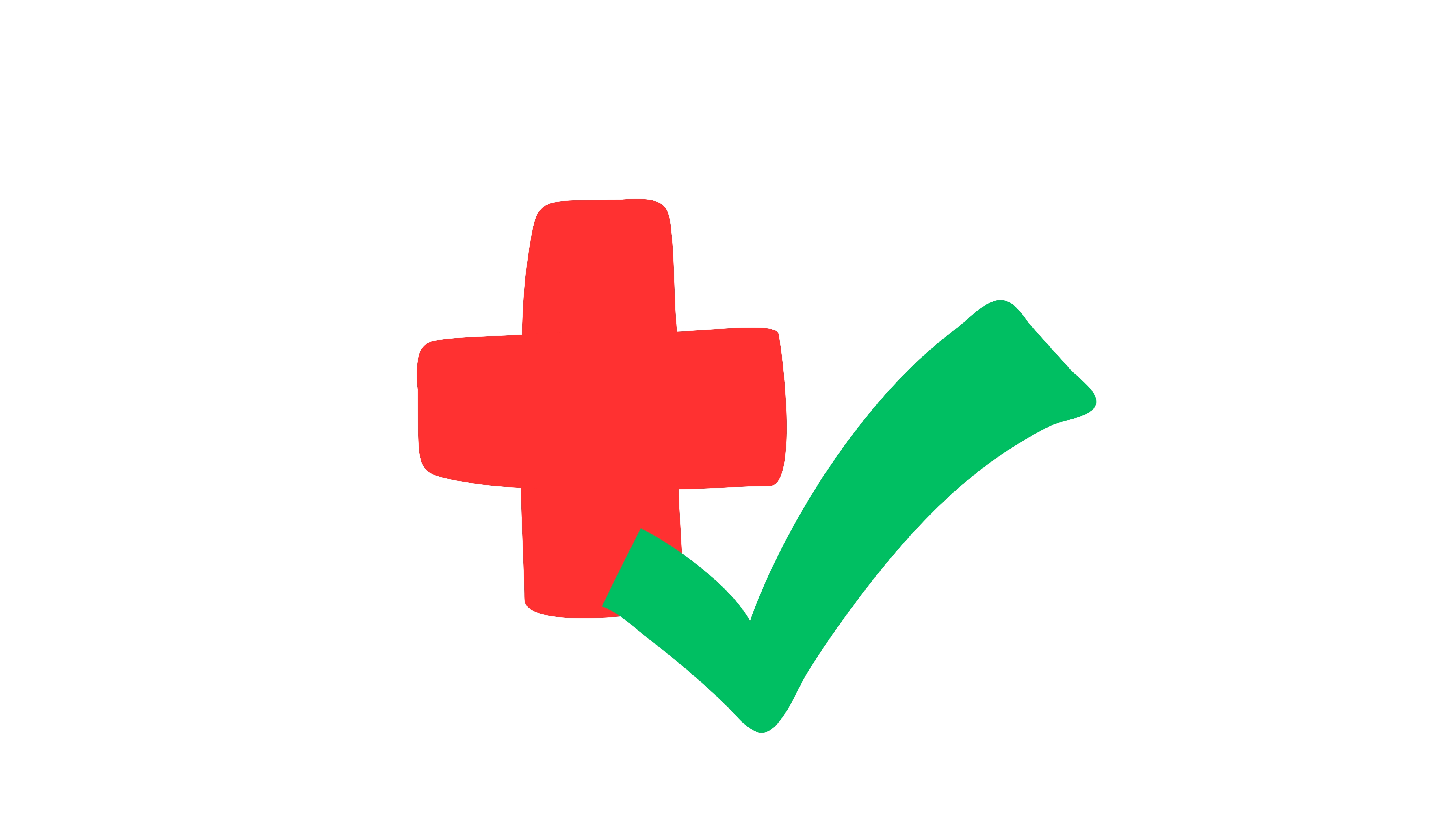What is an ECG test?
An ECG (Electrocardiogram) test is a medical procedure that measures the electrical activity of the heart. It's a non-invasive, painless test that records the heart's electrical signals, providing valuable information about the heart's rhythm, rate, and overall function.
# What does an ECG test measure?
An ECG test measures:
1. *Heart rate*: The number of heartbeats per minute.
2. *Heart rhythm*: The pattern of heartbeats, including any irregularities or arrhythmias.
3. *Electrical conduction*: The speed and efficiency of electrical signals as they travel through the heart.
# How is an ECG test performed?
During an ECG test:
1. *Electrodes are placed*: Small, sticky electrodes are attached to the skin on the chest, arms, and legs.
2. *Signals are recorded*: The electrodes detect the heart's electrical signals, which are then recorded on a graph or displayed on a monitor.
3. *Test duration*: The test typically takes 5-10 minutes.
# What can an ECG test diagnose?
An ECG test can help diagnose various heart-related conditions, including:
1. *Arrhythmias*: Abnormal heart rhythms, such as atrial fibrillation or ventricular tachycardia.
2. *Coronary artery disease*: Reduced blood flow to the heart muscle.
3. *Heart attacks*: Damage to the heart muscle due to a blockage in the coronary arteries.
4. *Cardiomyopathy*: Diseases affecting the heart muscle.
# Are there different types of ECG tests?
Yes, there are several types of ECG tests, including:
1. *Resting ECG*: Measures the heart's electrical activity while the patient is at rest.
2. *Stress ECG*: Measures the heart's electrical activity during physical activity or stress.
3. *Holter monitor*: A portable ECG device that records the heart's electrical activity over 24-48 hours.
4. *Event monitor*: A portable ECG device that records the heart's electrical activity over a longer period, typically 1-2 weeks.
WHAT OUR PATIENT SAYS









